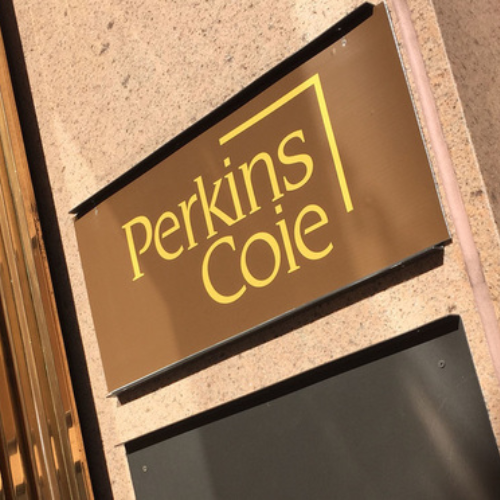In a powerful stand against what they call an abuse of power, more than 500 law firms have signed a court brief supporting Perkins Coie, a well-known Seattle-based law firm. These firms are standing up to a controversial executive order issued by President Donald Trump, which they say unfairly targets lawyers and threatens the rule of law.
The brief was filed in Washington, D.C., with U.S. District Judge Beryl Howell. It argues that the executive order punishes firms like Perkins Coie for representing clients or holding values that Trump disagrees with — particularly the firm’s work for former presidential candidate Hillary Clinton in 2016 and its internal diversity policies. The supporting law firms warned that such government retaliation against attorneys is not just political — it’s dangerous.
The brief states, “Although we do not take this step lightly, our abiding commitment to preserving the integrity of the American legal system leaves us no choice but to join together.”
Leading this legal statement was Donald Verrilli, the former U.S. Solicitor General under President Obama. Now with Munger, Tolles & Olson, Verrilli filed the brief after weeks of discussion and promotion among legal professionals.
Trump Furious at Putin’s Ukraine Remarks, Threatens Economic Sanctions
Who Signed, Who Sued, and Who Stayed Silent
Some of the most respected names in the legal world added their voices to the brief, including Arnold & Porter, Crowell & Moring, Fenwick & West, and Freshfields US. Many smaller or litigation-focused firms also joined.
Three of the five law firms that were directly targeted by Trump’s executive orders — Perkins Coie, WilmerHale, and Jenner & Block — have filed lawsuits in response. Judges have already blocked key parts of Trump’s orders against these firms. All three firms also signed the friend-of-the-court brief.
Covington & Burling, which was targeted in a narrower order involving attorney security clearances, did not sue Trump but still signed the brief in support of Perkins Coie.
One firm, Paul Weiss, managed to avoid a court battle by reaching a deal with Trump. In return, the directive against it was dropped. Three other firms — Milbank, Willkie Farr & Gallagher, and Skadden Arps — also reached similar agreements without being officially named in an order. These deals reportedly included pledges of tens of millions of dollars in free legal services to work on projects with the White House.
All four firms that made deals — Paul Weiss, Milbank, Willkie Farr & Gallagher, and Skadden Arps — did not sign the court brief. Some of the biggest law firms in the country also stayed out of the fight altogether. Kirkland & Ellis, Davis Polk & Wardwell, Latham & Watkins, Sidley Austin, and Gibson Dunn were all absent from the list and did not respond to media inquiries about their position.
Trump Hints at Tariff Reduction to Secure TikTok Sale Amid Rising Tensions
Judge Blocks Order, Legal World Reacts
The judge overseeing the Perkins Coie case, Beryl Howell, already made a significant ruling. She blocked parts of the executive order and warned that letting it stand would damage the country’s legal system. She called the order “extreme, dangerous and unprecedented,” and said it likely violates the U.S. Constitution — specifically the rights to free speech and due process.
The executive orders from Trump were aimed at punishing firms whose work clashed with his interests — either through past legal cases, employment of prosecutors, or internal company values like diversity. Some conservative groups claim that these diversity programs discriminate against white employees and others. Trump’s team defended the orders, saying they were legal and within his rights as president.
Beyond the courtroom, the broader legal community has responded strongly. Thousands of attorneys, law professors, and bar associations have criticized Trump’s actions. Many said that punishing lawyers for doing their job — even if that means challenging the government — crosses a line.
The friend-of-the-court brief was shared widely across social media and legal networks before it was officially filed. It became a moment of unity for many in the legal profession, who see Trump’s actions as a threat not just to law firms, but to the justice system itself.


